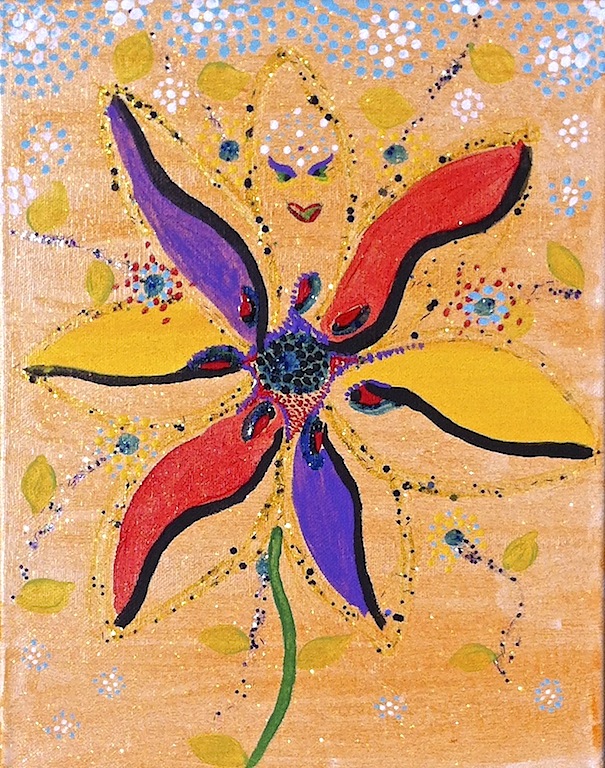

The spirits talk about what they’re afraid of, or the things they’ve done wrong in their past. These meals have memories for Atul, and they help him move on. And then there’s the oil, necessary for frying the chicken - that must be harvested from sunflower seeds grown from the flowers in the garden, which are crushed down into an oil. The process of acquiring these things requires multiple trips to multiple islands, looking for vendors who sell each of these meat products. Atul, Stella’s late uncle that appears as a frog, loves pork chops and fried chicken. Sometimes, this means making a spirit’s favorite meal. Their stories unwind as they’re tended to. There’s something to be learned about the spirits on the boat with each resource mined or meal served.

The investment in these characters, though, is what makes the rote mechanisms of Spiritfarer’s gameplay feel worthwhile, because those connections happen organically. They’re challenging in ways I haven’t seen often in video games. Sometimes they’re angry - at Stella or others on the ship. And none of the spirits are purely good or bad some are people leaving a mess behind for others to grapple with. Spiritfarer works because the entire game is built around creating these connections to the characters, all of which are complex people with tangled stories. Other areas have merchants selling seeds, like cotton or sunflowers, which can be woven into linen or crushed into oil for frying, respectively. There are trees to cut down, used later to create planks necessary in building structures. Some have puzzles gated behind abilities learned later in the game, while others are only necessary for gathering materials. When Stella reaches her destination, she’s able to hop on a dinghy to reach the islands, which vary in what they offer. The play may seem mundane and repetitive, but the role of the spiritfarer, caring for these people in their deaths, gives each action depth. Once a waypoint is set, the boat heads in that direction itself, sometimes encountering surprises - like a shipwreck with treasures - along the way. Stella controls the boat through a map at the ship’s helm, but there’s no need for players to guide it through the world. But in Spiritfarer, it’s the action of traveling to islands to collect resources, then harvesting them into something usable, that is the core.

It’s not entirely unlike how you’d manage an island in Animal Crossing: New Horizons, slowly accumulating the materials needed to tend to your creation. The management elements of the game, while repetitive and straightforward, are made essential because they are acts of care - the relief Stella can provide to the dead as they move toward the Everdoor, the portal to the afterlife. Resources collected throughout the world are brought back to the ship and processed through these additions to the boat, whether that’s turning sugar and flour into a cake, or flattening glass into sheets. This is where the “cozy management” of “a cozy management game about dying” comes in. These additions, which include orchards and a massive crusher for grinding things to dust, stack precariously on top of one another, a slow game of Tetris, as shapes get more complex and harder to fit in the constrained space of the ship. The ship gets larger and more complex with each passenger that comes aboard, whether a garden to grow vegetables for a vegetarian spirit has been added, or the kitchen is upgraded to create elaborate meals for picky passengers. Her large, but initially simple, vessel is her way of doing so. Some are not, but each has something they need - something Stella must provide. Most of the characters on the ship, picked up throughout the game’s watercolor world, are Stella’s friends and family. She travels between islands in the Spiritfarer world, meeting spirits that are stuck and need help in moving on. The game begins as Charon retires, with Stella just beginning in the role. If you want curated lists of our favorite media, check out What to Play and What to Watch. When we award the Polygon Recommends badge, it’s because we believe the recipient is uniquely thought-provoking, entertaining, inventive, or fun - and worth fitting into your schedule.
#Spirit flower spiritfarer tv
Polygon Recommends is our way of endorsing our favorite games, movies, TV shows, comics, tabletop books, and entertainment experiences.


 0 kommentar(er)
0 kommentar(er)
